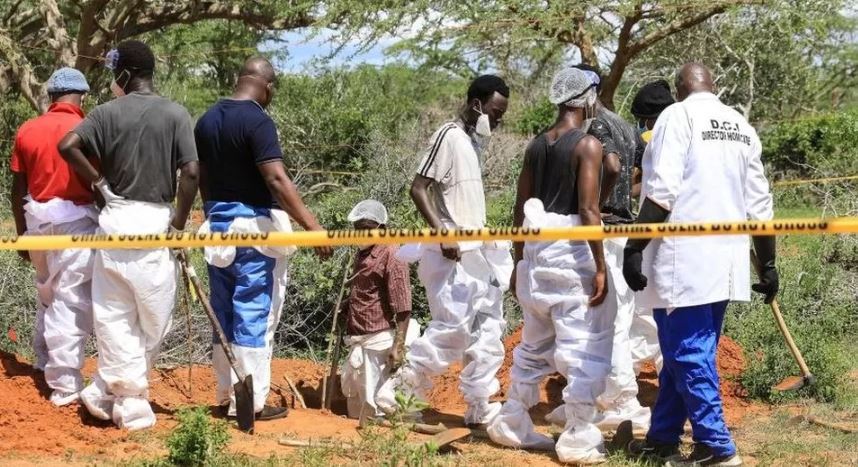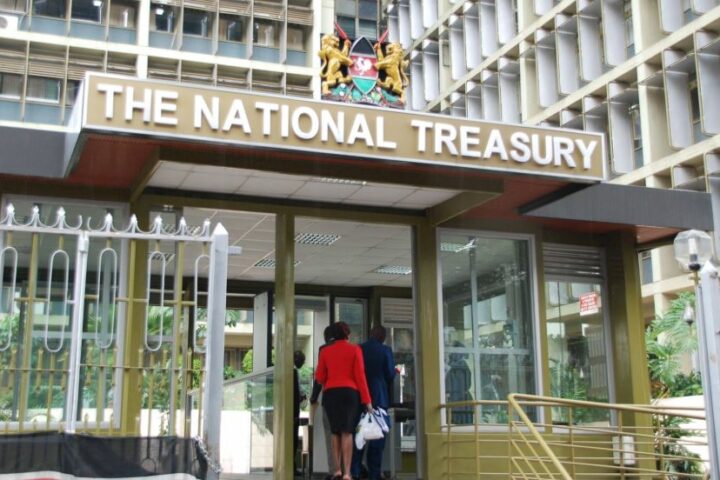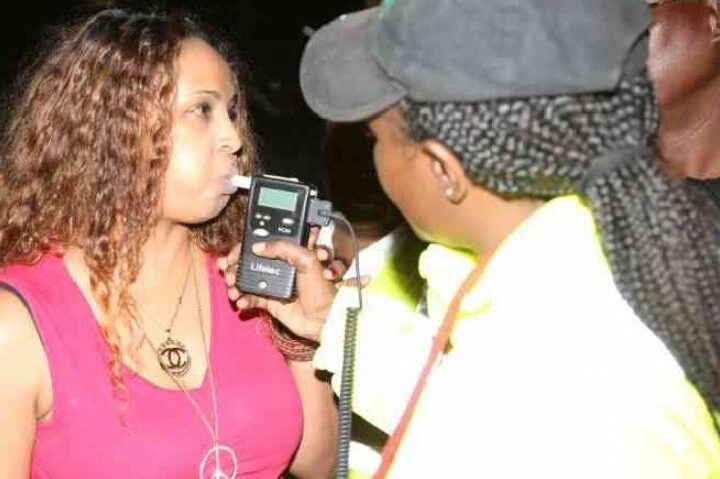 The Kenya Human Rights Commission (KHRC) has issued a series of demands directed at President William Ruto following his dismissal of cabinet secretaries.
The Kenya Human Rights Commission (KHRC) has issued a series of demands directed at President William Ruto following his dismissal of cabinet secretaries.
The commission squarely placed responsibility on the President for appointing the CSs he ousted from office.
KHRC’s primary demand is for the immediate removal of Prime CS Mudavadi. They argue that Mudavadi, in addition to occupying an office irredeemable through the National Dialogue Committee (Nadco) report, has reached the age of 60, necessitating a retirement as stated by Ruto himself last week.
Furthermore, KHRC called for the dismissal of all principal secretaries (PSs), stressing the need for a comprehensive overhaul of the entire state and public service system.
“An audit of capacity and integrity across the public service must be conducted, and new vetting and mandatory wealth declaration processes must be implemented,” KHRC said in a statement.
The commission also underscored the urgency of blacklisting and removing from office those responsible for violations and abuses before and after the August 2022 general elections.
Insisting on the swift dissolution of the current parliament, KHRC urged Kenyans to prepare for potential recalls of MPs who supported the Finance Bill, 2024, and others involved in constitutional violations.
Regarding the formation of Ruto’s new cabinet, KHRC emphasized adherence to the constitution’s limit of 14 members, with at least two-thirds being women. They stressed the importance of including adequate representation of youth and persons with disabilities to reflect Kenya’s ethnic diversity.
“There is no time to waste, Ruto’s new cabinet must be capped at 14 members per the constitution, with at least two-thirds being women. It must also include a fair number of youth and persons with disabilities, with genuine representation of Kenya’s ethnic diversity,” the KHRC added.
KHRC further advocated for inclusive governance, aiming to end persistent exclusion and marginalization based on ethnicity, gender, and other biases, extending these principles to county levels.
Additionally, KHRC highlighted the necessity for nominees to the new cabinet to possess impeccable integrity, in accordance with Article 73 of the Kenyan constitution. They criticized the current compromised parliament for its lack of transparency in vetting processes, which has eroded public trust.
“The vetting process must be rigorous and transparent, avoiding the sanitization acts of the current parliament, which was co-opted and compromised, rendering it untrustworthy.”
The Commission called on the government to prioritize delivering development to Kenyans and cease engaging in blame games. They firmly opposed the proposal for a public dialogue, considering it a wasteful use of public resources and opportunities.
According to KHRC, such dialogues are perceived as regime tactics to delay justice and obstruct accountability in public affairs, as seen in previous engagements like Nadco.








